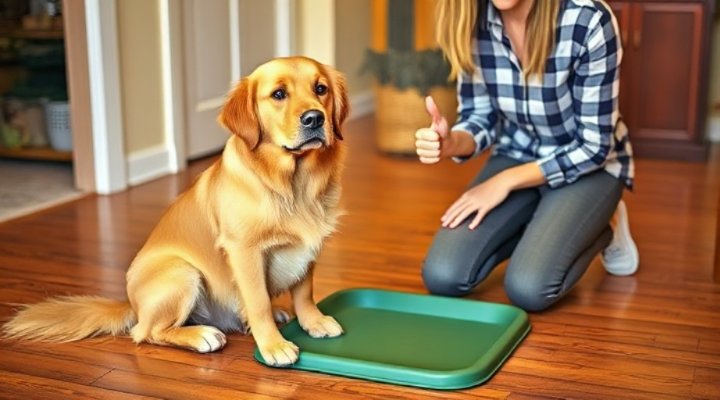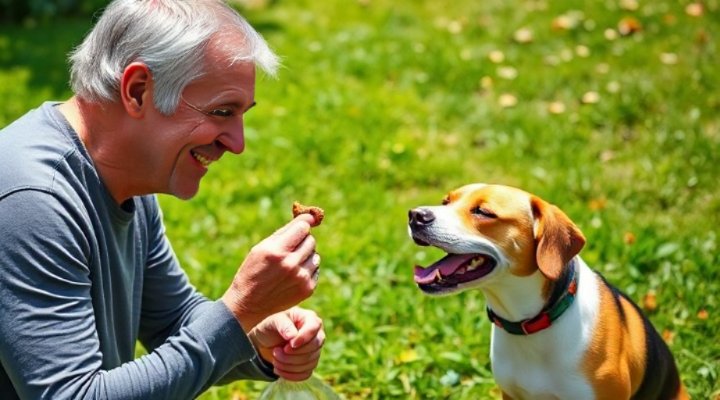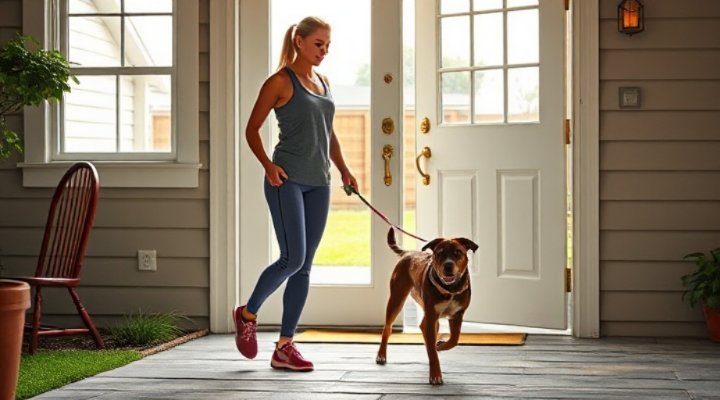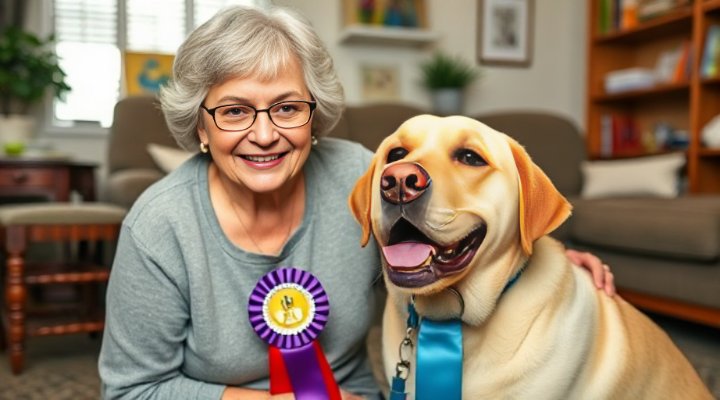Potty training an adult dog requires patience, consistency, and plenty of positive reinforcement. Unlike puppies, adult dogs may come with established habits – some good, some not so good. But don’t worry, with the right approach, you can successfully potty train your adult canine companion.

Understanding Your Adult Dog’s Needs
Before beginning potty training, it’s important to understand why your adult dog might be having accidents. There could be medical issues, anxiety, or simply lack of proper training in their past. A visit to your vet can rule out health concerns like urinary tract infections, which are common in older dogs.
According to the American Veterinary Medical Association, many behavior issues can be resolved with proper training techniques. For house training tips specifically, check out our guide on house training a dog.
Setting Up for Potty Training Success
Consistency is key when potty training an adult dog. Here’s how to set up for success:
- Establish a regular feeding schedule
- Create a consistent potty break routine
- Choose a designated potty area
- Stock up on cleaning supplies for accidents
- Have plenty of high-value treats ready

The Power of Positive Reinforcement
Positive reinforcement works wonders in adult dog potty training. When your dog eliminates in the correct spot:
- Immediately praise enthusiastically
- Offer a special treat they only get for potty success
- Make it a happy celebration every time
This method is far more effective than punishment, which can actually set back your training. For more on positive methods, see our article on positive reinforcement dog training.
Creating a Potty Routine That Works
Adult dogs typically need to eliminate:
- First thing in the morning
- After meals
- After play sessions
- Before bedtime
- Every 4-6 hours during the day

Stick to this schedule religiously, especially in the beginning. The American Kennel Club recommends using a specific command like ‘go potty’ to help your dog understand what’s expected.
Dealing With Accidents Properly
Accidents will happen during adult dog potty training. When they do:
- Clean immediately with enzymatic cleaner
- Don’t punish or rub their nose in it
- Simply interrupt if you catch them in the act
- Take them to the correct spot
- Praise if they finish there

Special Considerations for Rescue Dogs
If you’ve adopted an adult rescue dog, they may come with particular challenges. Some have lived their whole lives outdoors or in kennels and have never learned proper house manners. Be extra patient and consistent.
Our guide on house training an adult dog offers additional tips specifically for rescue situations.
When to Seek Professional Help
While most adult dogs can be potty trained with consistency, some cases may require professional assistance. Consider consulting a trainer if:
- Your dog seems anxious about eliminating
- Marking behavior persists
- There are sudden changes in bathroom habits
- You’re not seeing progress after several weeks

Celebrating Success and Maintaining Good Habits
Once your adult dog is reliably potty trained, don’t abandon the routine completely. Continue to:
- Maintain a somewhat predictable schedule
- Occasionally reward good behavior
- Watch for signs they need to go out
- Be understanding of occasional setbacks
Remember, every dog learns at their own pace. With time and consistency, your adult dog will master proper potty habits. For related training topics, check out our guide on best indoor dog potty solutions.
Related Keywords: adult dog bathroom training, how to housebreak an older dog, retraining adult dog to go outside, best methods for potty training adult dogs, solving adult dog potty problems

